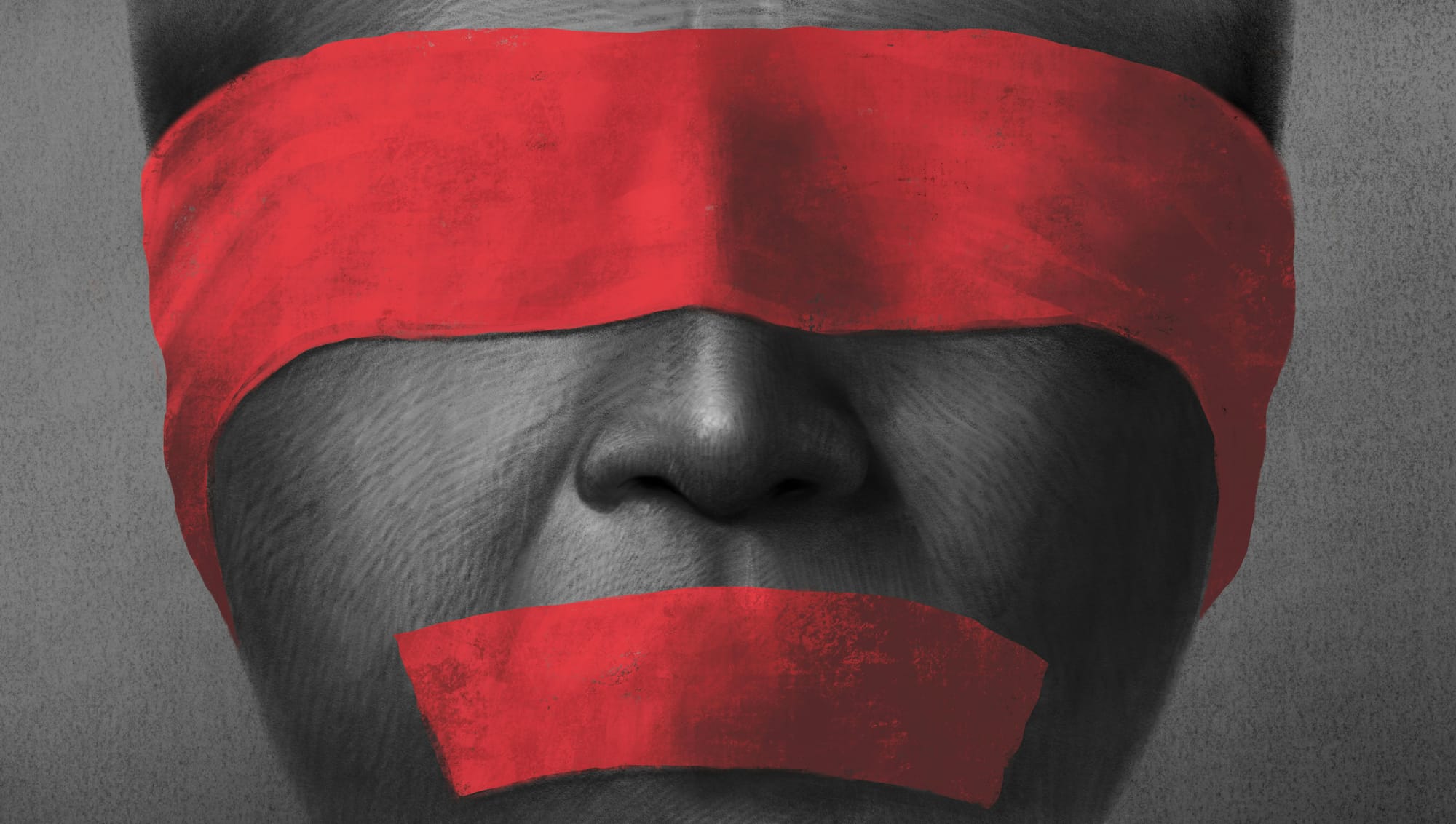"It's daylight robbery. Now I'm on a mission to help women stop wasting money on scents."
For decades, luxury perfume brands have sold us a dream, that higher prices mean better quality. The truth? You’re not paying for premium ingredients. You’re paying for marketing.
Meet Alexandra Winters, a former product developer who spent 15 years inside prestigious fragrance houses. Now, she’s breaking her silence.
"Consumers don’t realise they’re being charged 800% markups for packaging, celebrity endorsements, and retailer cuts," Winters reveals. "The actual perfume inside the bottle costs a fraction of what you’re paying."
So why do we keep falling for it? And how can you get the same luxury scent for less?
The Truth About Luxury Perfume Pricing
The numbers Alexandra shares are staggering. A designer perfume that retails for £150 typically costs between £5-£10 to produce – including the fragrance itself, the bottle, and the packaging. That's an 800% markup before the product even reaches the shelves.
"The actual fragrance concentrate in a typical 100ml bottle costs approximately £3-£5 to manufacture, even using high-quality ingredients," she explains. "The rest is pure margin that goes toward maintaining brand prestige and funding marketing campaigns."
According to industry analysts, the perfume sector operates on profit margins that would be considered eye-watering in almost any other industry. While food products typically have margins of 10-15%, luxury fragrances commonly exceed 90% profit margins.
The Hidden Costs You Don't See
So, where does all your money go? Alexandra breaks down the invisible costs hidden in that £150 price tag:
Extravagant Packaging: "The bottle, cap, box, and presentation materials might cost £3-4 total to produce, but they're designed to create a sense of exclusivity that justifies the high price."
Celebrity Endorsements: "A single global fragrance campaign featuring an A-list celebrity can cost upwards of £20 million. Those costs are built into every bottle sold."
Retail Markups: "Department stores and beauty retailers take a 40-80% cut of the retail price. That's why you'll never see significant discounts on premium fragrances."
Brand Licensing Fees: "Many designer fragrances aren't even produced by the fashion houses themselves. They're licensed to large fragrance conglomerates who pay royalties to use the designer's name."
"In one meeting, we calculated that for a £125 bottle, less than £8 represented the actual product. The rest was marketing, packaging, and profit. This isn't luxury, it's the exploitation of consumer psychology."
The Shift Towards Smarter Fragrance Buying
Consumers are getting savvy, questioning traditional luxury, and demanding more for their money. This shift has led to a wave of brands disrupting the fragrance industry, proving that premium scents don’t need a premium price tag.
"What's happening now is revolutionary," Alexandra notes. "Companies are emerging that focus purely on exceptional fragrance formulations without the astronomical markup."
Leading the charge is The Essence Vault, the UK’s fastest-growing designer-inspired fragrance brand. By cutting unnecessary costs and focusing purely on scent, here’s how they’re making high-quality fragrances more accessible than ever:
- No celebrity endorsements: Rather than paying millions to famous faces, they invest in master perfumers.
- Minimal, elegant packaging: Sophisticated but without excessive materials that end up discarded.
- Direct-to-consumer model: By bypassing traditional retail channels, they avoid hefty store markups.
The results speak for themselves:
- Over 1.8 million customers worldwide
- More than 100,000 five-star reviews
- One bottle is sold every 20 seconds
The Blind Test That Changed Everything
Perhaps most revealing are the blind tests conducted with luxury fragrance enthusiasts. In controlled studies, participants struggled to distinguish between designer perfumes and their Essence Vault counterparts.
"We conducted blind tests with over 500 participants who considered themselves fragrance connoisseurs," Alexandra recounts. "Not only could they not reliably tell the difference, but 68% preferred The Essence Vault fragrances when they didn't know what they were smelling."
The real-world results are equally impressive, with 93% of The Essence Vault customers reporting receiving compliments on their fragrance.
Emma Lawson, a former loyal purchaser of designer fragrances, shares: "My colleagues kept asking what I was wearing, assuming it was my usual £180 perfume. When I told them it was from The Essence Vault and cost under £30, they literally didn't believe me."
The Industry Won't Change, But You Can
"The truth is, the luxury fragrance industry has no incentive to change its pricing model," Alexandra explains. "They've spent decades convincing consumers that expensive equals better. But individual consumers can make different choices."
And for those wondering if The Essence Vault measures up, Alexandra tackles the most common concerns:
Longevity? Absolutely, 12+ hours of wear thanks to the same high concentration of oils found in premium fragrances.
Complexity? Just as refined. These scents are developed by the same expert perfumers behind designer fragrances.
Ethics? Even better. Every fragrance is vegan, cruelty-free, and produced with more sustainable practices.
The Essence Vault stands backs its products with a 30-day money-back guarantee, allowing skeptical customers to try without risk.
"You don't have to overpay for quality fragrance," Alexandra emphasises. "What you're paying for with designer brands is marketing and profit margin, not superior ingredients."
Right now, The Essence Vault is offering an exclusive bundle: 3x100ml fragrances for just £49.95 – essentially a year's supply of premium fragrance for less than the cost of a single designer bottle.
New customers can also use discount code TEV20 for additional savings on their first order.
As Alexandra puts it: "Once you realise you've unnecessarily wasted your hard-earned money, you’ll never look at those designer bottles the same way again."
*Names have been changed to protect the identity of industry sources.


Member discussion